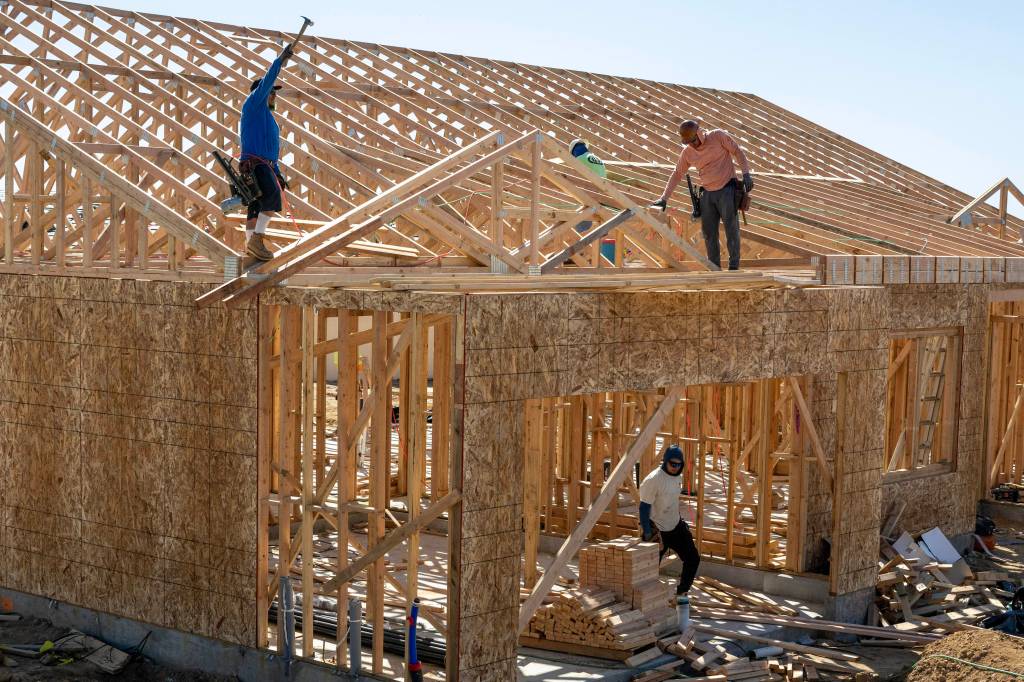
If you’re going to get a Halloween costume this year, you better order it now.
Commercial real estate executive Michael Tucker got that advice from several clients who warned that tariff uncertainty could limit the availability of witch, wizard and monster attire this October.
“That stuff is manufactured completely in China,” Tucker said Wednesday, June 18, at the National Association of Real Estate Editors conference in New Orleans. “A lot of the groups that … import that and sell it are probably not going to be able to (get) it.”
Tucker was one of the speakers on a NAREE panel of experts discussing how the Trump administration’s ever-changing tariff policies are impacting real estate and the economy.
Tariffs are creating uncertainty for businesses that need to plan for the future, the panelists said, and that’s making it hard for businesses to plan for the future.
Tucker, chief executive of Atlanta-based Scott Wright Associates, said many businesses are reassigning their chief financial officers as chief tariff planners so they can create massive spreadsheets showing how import fees will affect their businesses.
Some businesses are pulling out of China, finding new suppliers in South Korea, Taiwan and other countries. Some are planning to store merchandise in “foreign trade zones” near U.S. ports (where merchandise is considered to be outside the U.S.), paying tariffs when the goods get shipped.
“Uncertainty creates paralysis, and what you have to do is you have to make decisions,” said John Hentschel, a commercial property advisor and chair of the Counselors of Real Estate. “The longer the uncertainty persists, the more risk there is.”
To make decisions, businesses need to plan for a variety of possible outcomes, basing future choices on the probability of each scenario occurring, Hentschel said.
Uncertainty and rising costs for construction materials will slow the pace of new developments, he said. Developers who are in the middle of a project will feel the impact of tariffs more than those who are in the planning stages.
Home improvement chains like Home Depot will feel the sting of tariffs, too, because homeowners are delaying renovations.
Hentschel also predicted fewer new apartments will get built and that demand for commercial warehouse space will increase, pushing up rents.
“Remember, the last four or five years, (apartments) got over-built, and the landlords have lost their negotiating advantage,” Hentschel said. “That’s going to come back real soon.”
Retail landlords will be forced to ask questions they’ve never asked before — like how much of a tenant’s supply chain comes from China, Hentschel said.
“if you are in the supply chain that is coming through China, … you’re probably going to have a bit of a problem, which makes it a bit of a problem for the landlord,” he said. “Now all of a sudden, everybody’s going to have to ask that question.”

